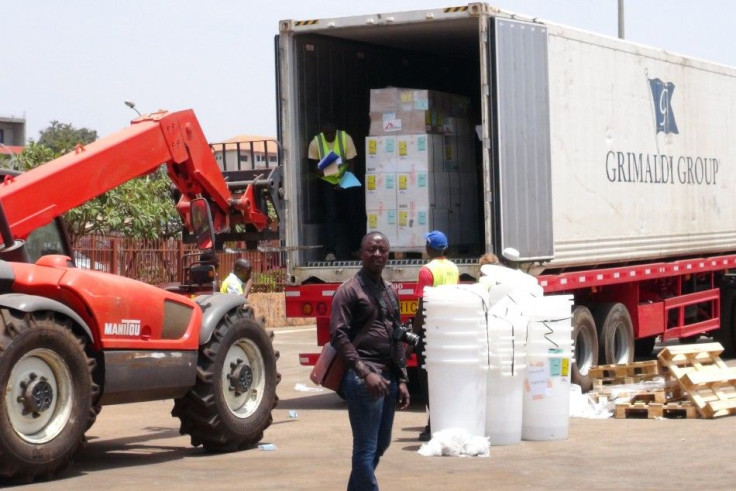Canada Lab Feels Proud of its Contribution in Developing the Experimental Ebola Medicine

The Canadian research centres played a vital role in shaping the experimental Ebola therapy administered to two American aid workers infected by Ebola, reported Times Colonist. ZMapp, the unlicenced drug was a product of three monoclonal antibodies, which are disease fighting proteins capable of targeting specific parts of an invading pathogen like the Ebola Zaire virus, which is responsible for the outbreak.
Two of the monoclonal antibodies were the result of years of research at Canada's National Microbiology Laboratory (NML) in Winnipeg. The U.S. Army Institute of Infectious Diseases developed the third one.
World leader in pathogen research
Canada is considered a world leader in research on pathogens. The NML has made great strides. Dr. Frank Plummer, former head of NML expressed happiness at the news that Canadian-designed monoclonal antibodies had been used in fighting Ebola.
At NML Dr. Gary Kobinger heads the special pathogens division. His team was able to develop a cocktail of three monoclonal antibodies called ZMAb whose rights were acquired by LeafBio, an American company.
Neither ZMapp nor the individual monoclonal antibodies have been tested on humans. Both Brantly and Writebol were warned that the drug was only tested in animals but they were willing to take the treatment. Later the limited amount of ZMapp used in treating Brantly and Writebol was given an investigational new drug ((IND) designation by the FDA.
The drug's, phase I clinical trial may happen later this year. The trial will see whether it is safe for people, and in what dose. The drug is generated by tobacco plants, which are genetically conditioned to produce monoclonal antibodies. Kentucky BioProcessing at Owensboro undertakes this work. The former is a subsidiary of tobacco giant Reynolds American.
World Bank Aid
Meanwhile, the World Bank on Monday stepped in to help the Ebola hit countries with a $200 million emergency package. The bank expressed the hope that the aid would help in stabilising the health care systems in the worst hit Liberia and Sierra Leone where the death toll is touching 1000. The World Bank President Jim Yong Kim expressed deep concern and said he was worried that more lives would be at risk if the epidemic was not stopped at its tracks.




















